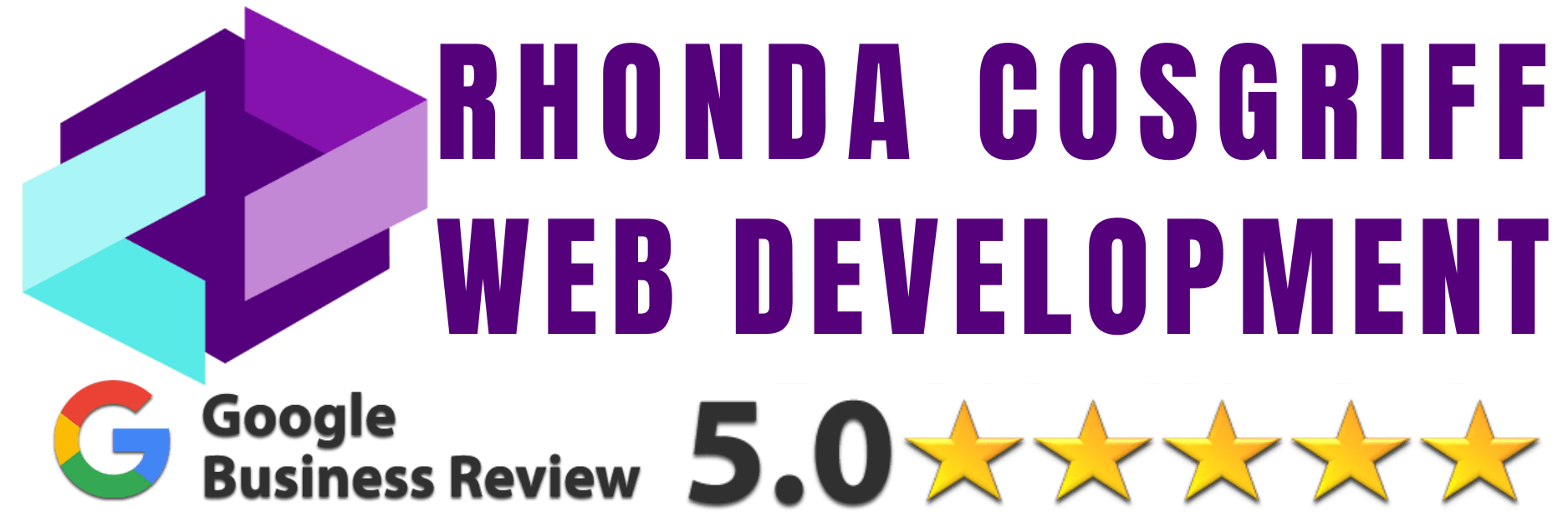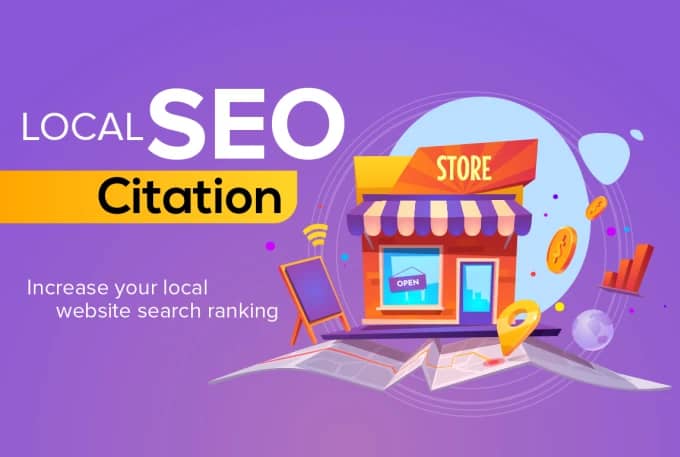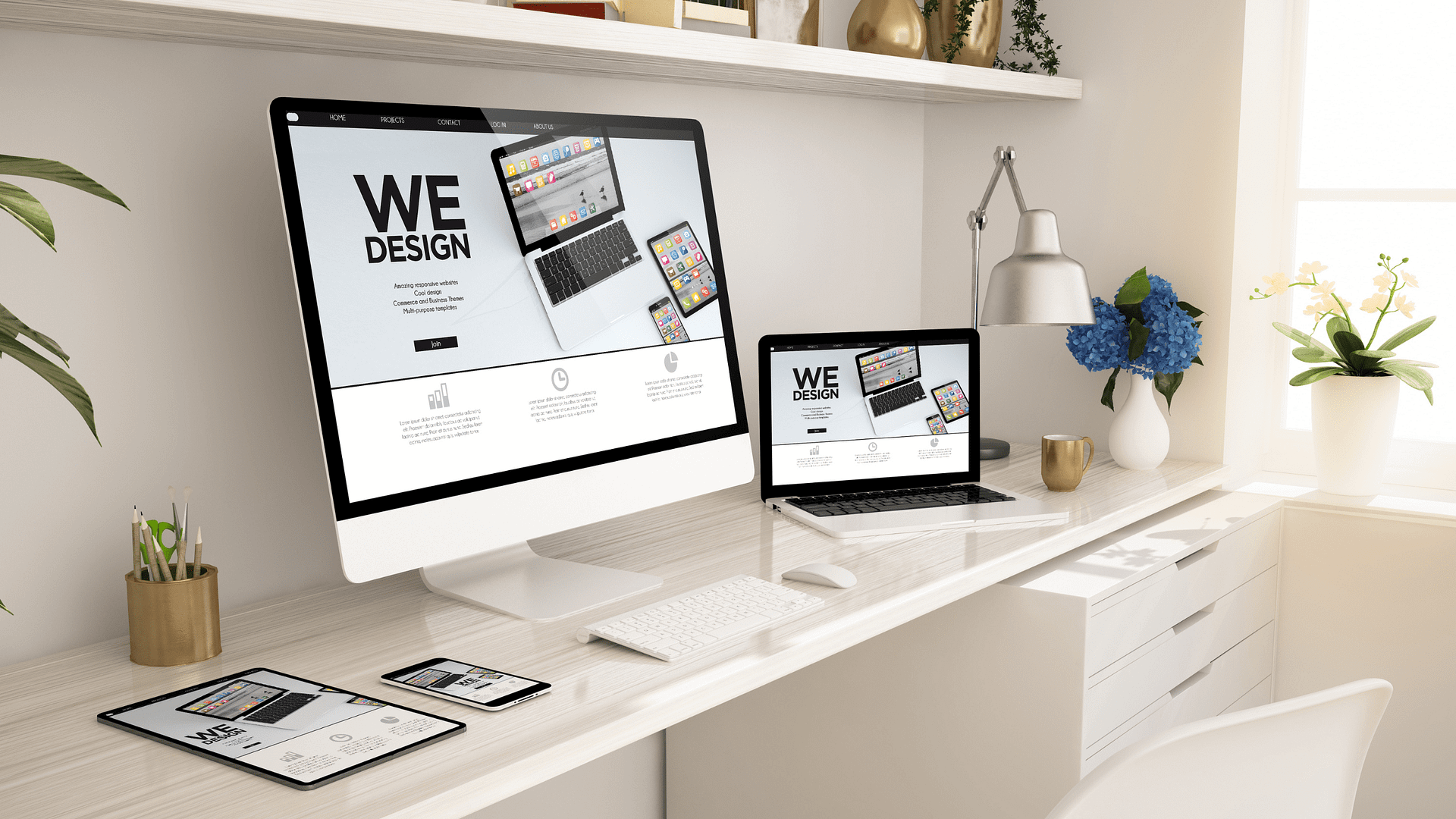 12 Disadvantages Of Using A Website Builder
12 Disadvantages Of Using A Website Builder
????????
It is my expert opinion as a web designer and developer that there are too many disadvantages of using a website builder. Here is a list of 12 disadvantages of using a website builder like Squarespace, Shopify and Wix that are an all-in-one style builder where you don’t really own it. Let’s cover these topics!
12 Disadvantages of using a website builder
No Uniqueness
DIY platforms have generic website templates. In other words, all websites built by using these templates will have the same navigation structure, layout, and styles. Entrepreneurs have limited ability to alter the design to make their websites unique.
Such a similar website cannot stand out from the crowd and get failed to build your brand over the period. Branding needs a tremendous amount of customization regularly, which is impossible in the websites built by using DIY website builders.
Poor SEO
Search Engine Optimization (SEO) is essential for increasing the website’s visibility and higher ranking on SERPs (Search Engine Result Pages).
Unfortunately, DIY website builders fail to offer strong SEO capabilities to business websites. Most DIY website builders do not allow Google to verify the respective website in their Webmaster Tools, which can hurt its search rankings badly. You also do not have root access which is required for professional level search engine optimization.
What’s more, most of such websites do not integrate with Google Analytics, and you may not get the important data related to the performance of your website.
Not Responsive
It is necessary for your business website to have a responsive design to ensure a good mobile experience. You can make a mobile responsive website appear just as any app would. The only time an app is really required is if you want to offer some special functionality to your users that is saved and accessible in the app but in most cases you could have just coded a website to do what the app does with out requiring users to download and store the app on their phone.
These days, mobile devices cover over 50% of all web traffic globally, and therefore, your website should be ready for mobiles and tablets. With responsive design, your website gets ready as per the size and dimensions of various screens. It also contributes to improving search rankings because Google also prioritizes websites with responsive designs.
Most DIY websites or are not responsive and give a poor performance on search engines.
Minimal Support
Your website has many components for ensuring proper functionality. If you fail to take care of these components, they may lead the business website to malfunction. Some of the issues that occur because of this include-
- Visitors/users receive error messages on certain pages
- Website faces downtime
- Web pages take more time to load
- Various elements stop functioning
All such technical glitches need technical assistance in real-time, but DIY website builders provide very limited customer support if any at all besides forums and your website may remain down for a longer time.
We offer 100% US Based 24/7 Customer Support with out hosting plans. Click here to learn more about hosting.
No Ownership
This is one of the biggest disadvantages of DIY aka all-in-one websites. Often, you cannot get ownership of the website you have built using a DIY website builder.
In many instances, the website builder may own the design and even content for your website. If you stop paying for their services, you may not use these assets.
As a result, you may have to build another website from scratch. Also, you cannot migrate the website to another server when it is created by a DIY builder.
Performance Issues
DIY website builders use outdated code at times to save costs and keep the web development process easy for all. However, this can lead to website performance issues including slow website speed, lack of security, poor SEO and navigation limitations.
Your target audience finds it difficult to navigate such websites and their requirements may not get fulfilled. Such a poor user experience can drive the potential web traffic away from the website. Most users leave a page that hasn’t loaded in a matter of a couple seconds.
Reduces Value
If your website looks similar to many other websites in content, display, navigation or features then customers or visitors will know that you are using a cheap builder to create your business website. And if you are using it with their “free domain” that requires you to have a subdomain of theirs so it always shows their name then you are telling people you don’t believe enough to spend $20 per year or less on the domain ownership. It certainly devalues your business and diminishes your brand identity.
Single-Page Development
Most website all-in-one builders enable you to make a single web page, which is not useful for SEO campaigns or creating an online buzz. The way the website readers interpret a website is not conducive to single-page design.
Your business website should have multiple pages and it should keep on growing. It is the most effective way to bring Google bots repetitively while keeping your website relevant for the target audience. Content is king when it comes to SEO because new content means the bots will index the site, this will result in adding points to the algorithm they use to determine who they show in search results and what order.
A single-page website does not serve any business objective effectively and search engine bots have a hard time, and therefore, your company may not get any benefit from it.
Non-CMS Website
CMS (Content Management Systems) are powerful and necessary tools that help us manage websites and content.
For example, WordPress is a robust CMS that facilitates writing, organizing, editing, and publishing content online for the business website and a great option for a way to “do it yourself” but still fully own and customize it completely with root access. We offer consultations to discuss this route if you want to “do it yourself” the right way including with CMS that offers full control over the design, documents, and display of the unique content.
However, all-in-one website builders enable you to create a static web page based on HTML, which is not compatible with any content management systems.
Slow Speed
A slow website is a really bad news for sales and search engine rankings.
As per the Hubspot study, the change in a website bounce rate spikes to 100% when a page takes 4 seconds or more to load. Now, website builders offer common shared servers to all their clients, which creates fewer resources for websites.
As a result, the website’s speed reduces significantly and visitors spend less time on the site which effects your SEO rankings also.
Advertisement Issues
This is another big disadvantage you need to consider when you make a website by using such DIY builders. Your business website may display an advertisement for the diy builder.
It not only affects your brand value but also spoils the user experience. It instantly indicates that the website owner has not taken enough care in building a real website. As a result, people prefer to stay away from such websites and you experience a reduction in web traffic over the period.
Domain Name
As mentioned above, you do not own your website completely when it is built using an all-in-one website builder. You do not even get a specific domain name for your website as well.
Most website builders will give a combined URL, which is worthless. People lose trust in a website with such a long domain name and tend to avoid contacting you.
Conclusion
We can mention many other disadvantages of website builders. In a nutshell, custom websites are preferable as compared to the same built using DIY website builders. You can make the most of the CMS, Root Access, SEO and other advanced features by developing a customized business website for your company. And there are ways to do that yourself with out using these website builders. Ask us now to find out more. We provide consultations if this is what you prefer to do.
F.A.Q.
- What is a website builder? A website builder is an all-in-one platform that enables non-technical people to create websites without needing to code. They provide pre-designed templates, drag-and-drop interfaces, and other tools that make it easy to create a website quickly and easily.
- What are the disadvantages of using a website builder? There are many disadvantages to using a website builder, including lack of uniqueness, poor SEO capabilities, non-responsiveness, minimal support, no ownership, performance issues, and reduced value.
- How does a website builder affect SEO? DIY website builders fail to offer strong SEO capabilities to business websites. They do not allow Google to verify the website in their Webmaster Tools, which can hurt its search rankings badly. They also do not integrate with Google Analytics, and you may not get important data related to the performance of your website.
- What is the impact of website builder templates on uniqueness? DIY website builder templates have generic website templates. All websites built using these templates will have the same navigation structure, layout, and styles. Entrepreneurs have limited ability to alter the design to make their websites unique.
- What is the role of CMS in web development? Content Management Systems (CMS) are powerful and necessary tools that help manage websites and content. They facilitate writing, organizing, editing, and publishing content online.
????????
#websitebuilders #wix #shopify #squarespace #brandimage #seo #websitedesign #webdesign #webdesigner #websitedesign


 12 Disadvantages Of Using A Website Builder
12 Disadvantages Of Using A Website Builder







